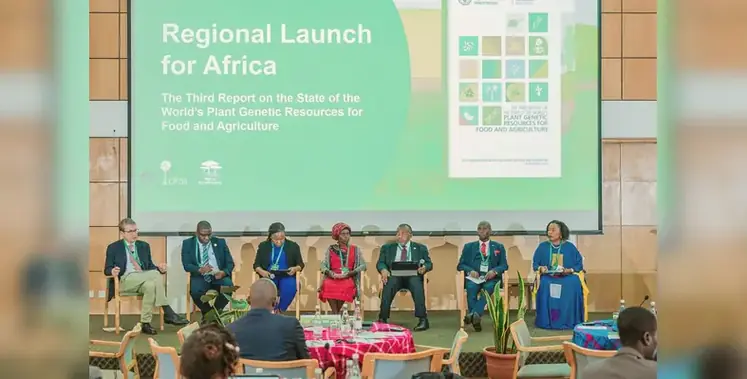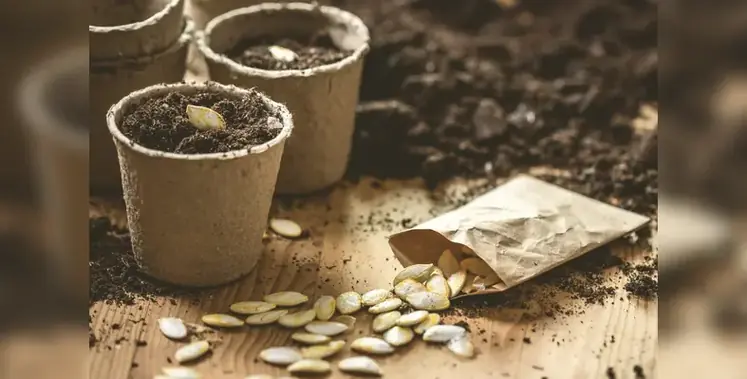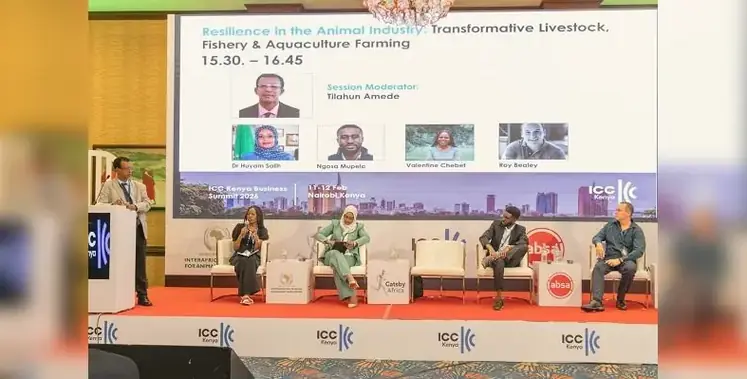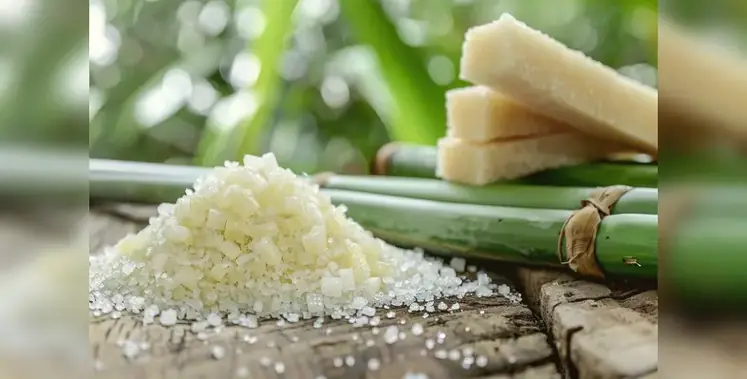
Africa Urged to Safeguard Crop Diversity as Food Security Faces Growing Threats. (Image credit: CIFOR)
Africa is steadily losing the plant diversity that supports its food systems, livelihoods and resilience to climate change, according to the Third Report on the State of the World’s Plant Genetic Resources for Food and Agriculture.
The report, released by the Food and Agriculture Organization of the United Nations, was presented during its Africa regional launch in Nairobi on 12 to 13 February 2026. The event was co hosted by FAO and the Center for International Forestry Research and World Agroforestry.
The findings paint a worrying picture. Crop varieties, their wild relatives and many wild plants gathered for food are disappearing more quickly than they are being conserved. These resources are vital for helping food systems cope with rising temperatures, erratic rainfall and extreme weather.
Chikelu Mba, Deputy Director of the Plant Production and Protection Division at the FAO, said, “This report shows clearly that Africa is losing plant genetic diversity at a pace that threatens food security, nutrition and the overall resilience of agrifood systems.”
“Crop diversity — including farmers’ varieties or landraces, wild food plants and the genetic relatives of major crops — is essential for developing progressively improved crop varieties needed to climate-proof the continent’s agrifood systems. Yet many of these resources are disappearing faster than they are being protected, meaning their inherent potential may never be fully realised — not for the current generation, and certainly not for those who come after us,” he added.
Across the continent, traditional crop varieties developed and maintained by farmers over generations are fading from fields. Sorghum, millet, yam, rice and traditional cotton are among those at risk. In Sub Saharan Africa, around 16 percent of more than 12,000 locally adapted varieties recorded in 19 countries are now considered threatened.
Éliane Ubalijoro, Chief Executive Officer of CIFOR ICRAF, warned of the wider consequences, and said, “Africa’s food security and nutrition depend on the widest possible diversity of crops, trees and wild plants that farmers and communities have relied on for generations. As climate change accelerates, losing this diversity means losing the very options that allow agriculture to adapt.”
The report also highlights the decline of wild food plants such as baobab, shea and marula, as well as indigenous leafy vegetables widely consumed across Africa. More than 70 percent of assessed wild food plant diversity on the continent is under threat, largely due to habitat loss and climate stress.
Seed collections face risks too. Although about 220,000 samples are stored in 56 African genebanks, only a small share is securely duplicated. “Plant genetic resources are the foundation of sustainable agrifood systems. Without stronger policies, investment and coordination, Africa risks losing irreplaceable plant diversity that supports livelihoods, food security and nutrition, and the ability of farming systems to withstand climate shocks,” Mba said.
“It is the responsibility of governments to establish genebanks and the infrastructure needed to store plant genetic resources. We also encourage farmers to develop seed systems or community seed banks where they can store varieties that are critical to them and adapted to different ecological zones,” said Theophilus Muturi, Managing Director of the Kenya Plant Health Inspectorate Service.
“Conserving and using Africa’s plant genetic resources is not a luxury,” Ubalijoro added. “It is a necessity for resilient agrifood systems in a changing climate.”








